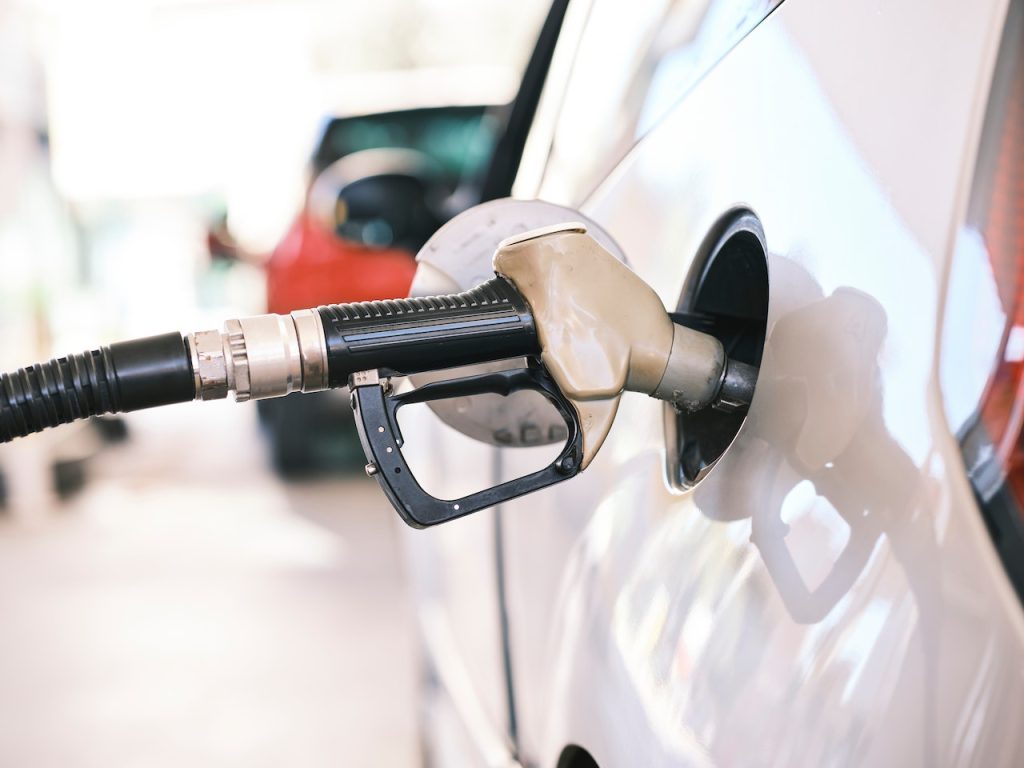Biodiesel inherently contains trace amounts of water. It is produced using water, and it attracts more of it as it sits in storage. To put it another way, biodiesel is hygroscopic as it draws water. This makes it far more likely to contaminate water sources than the petrochemical diesel we utilised before 2011.
There is now up to 7% biodiesel in diesel fuel, which is fantastic for the environment but can cause problems for businesses with gasoline.
Diesel bug thrives in the presence of water, and rusty steel and the gums and resins they produce can cling to the sides of fuel tanks and injectors and cause layers of sediment to build up inside the tank.
The Effects of Water Contamination on Diesel
- Diesel bug microbes, or microbial contamination, grow and multiply in the presence of both diesel fuel and water. The likelihood of diesel bug infection increases in proportion to the amount of water present in the fuel.
- The engine will develop problems if you drive through water. If it becomes too hot during combustion, it can corrode parts, promote acid buildup, impair lubrication, and even explode, damaging injectors.
- When the CETANE rating of your fuel drops below a particular threshold due to water pollution, the engines in your generators, pumps, and plant will not function as efficiently.
The Different Forms of Water Contamination in Diesel
Water is one of the most harmful pollutants present in diesel. It manifests in three distinct forms:
- The term “free water” refers to water that has not been re-mixed with fuel. It typically settles to the bottom of the tank, making it difficult to spot with the naked eye. The generators will stop working if the free water level climbs above the fuel take-off pipe. Free water promotes diesel bug proliferation, at the very least.
- Tiny droplets of water, or emulsified water, float in the fuel. It looks similar to oil sprinkled on a salad.
- Water that has fully dissolved in the fuel and is spread molecule by molecule, like sugar in tea, is called dissolved water.
The greatest danger to steady electricity is free and emulsified water. They supply your engine with nonflammable water in varying quantities.
How Do You Prevent Water Contamination in Diesel?
Prevention is always preferable to treatment. Cleanliness is the most important factor in preserving fuel quality. To guarantee your diesel-powered machinery’s dependable and cost-effective operation, you can implement a fuel conditioning programme.
What Is the Proper Approach for Tanks Already Infected with Diesel Bug?
If the contamination in your tank has progressed past the point where polishing can fix it, you may hire a professional tank cleaning service. You’ll want a method that can purify both liquid and solid particles, as well as microbes.
How Do I Prevent Fuel Contamination?
It’s ideal to prevent problems from occurring in the first place; thus, regular maintenance is essential to keeping fuel in peak condition. As a standard operating procedure, we suggest the following:
- Get your diesel from reputable vendors so you can be sure of its quality.
- Keep your fuel tanks in good working order by preventing leaks.
- Testing and sampling fuel regularly to check for contamination should be standard practice.
- Metals high in Zinc and copper should be kept away from fuel because they accelerate oxidation.
- Use a fuel rotation system if you have many fuel storage tanks to ensure the oldest fuel is consumed first.
- Keep fuel as cool as possible to prevent it from absorbing moisture.
- Implement a thorough Fuel Conditioning Programme, including inspection, cleaning, polishing, and stabilisation.
Conclusion
Water contamination in diesel fuel has a number of negative impacts that can cause considerable damage to a vehicle and reduce its efficiency. Not only can it cause increased wear and tear on parts and reduce engine performance, but it can also lead to the growth of microbial organisms, which can produce corrosive by-products and block fuel filters.
Additionally, water in diesel fuel can lead to the formation of emulsions, which can reduce the fuel’s lubricating properties, resulting in increased friction and wear on parts. Therefore, it is essential to ensure that diesel fuel is properly stored and regularly checked for contamination in order to prevent any potential damage.
If you are looking for a company that deals with water contamination, look no further than our expertise here at Fuel Fixer. We are the leading wrong fuel specialists. Call us today and make yourself safe. Your car will be fixed while you wait.

